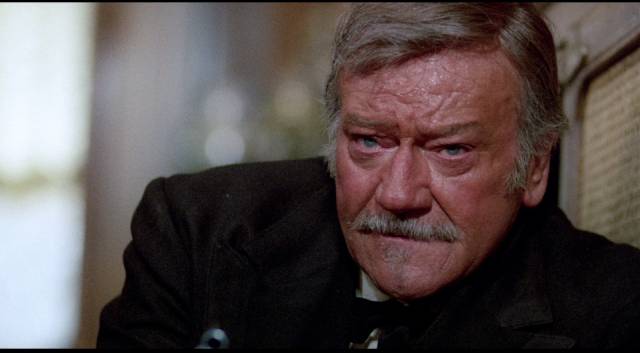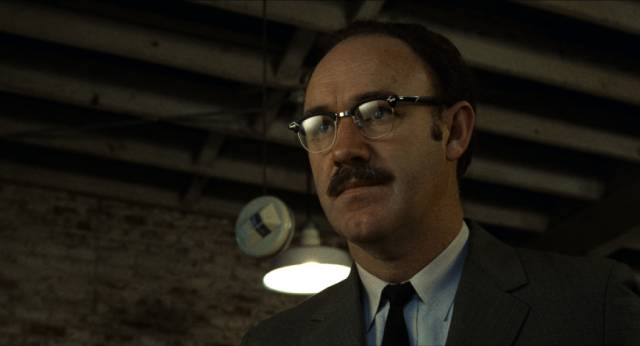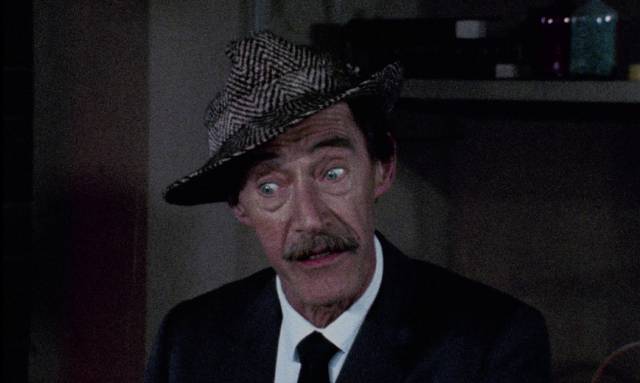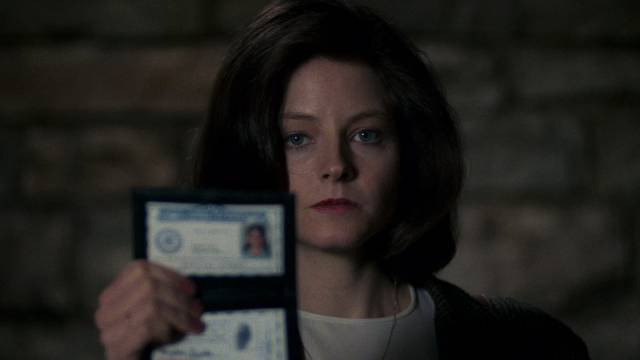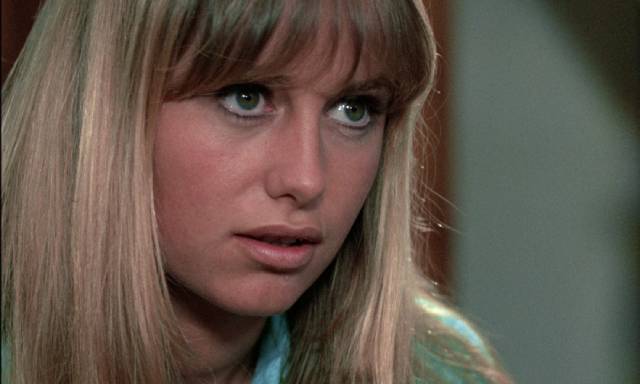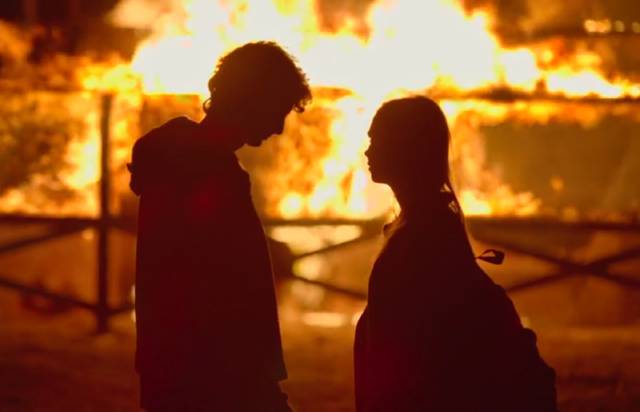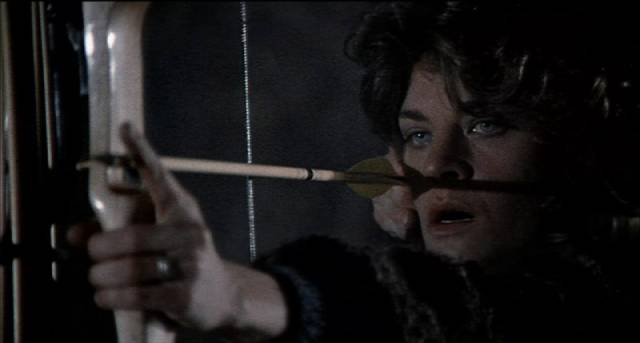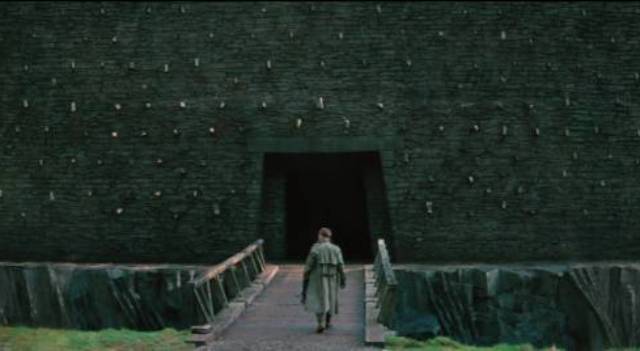
With the end of my Vinegar Syndrome subscription, I’ll be getting a lot fewer disks from them this year, but there are still a few leftovers from last year to consider – I won’t miss things like Phillip Noyce’s Sliver (1993), but without the subscription I might never have seen Fred Burnley’s romantic-horror oddity Neither the Sea Nor the Sand (1972). Only a brand-new 4K restoration of Michael Mann’s flawed second feature, The Keep (1943), gives me a twinge of regret. Still, although I’ll have to be much more judicious about ordering without the subscription, hopefully there’ll be other interesting releases like this in the future.
